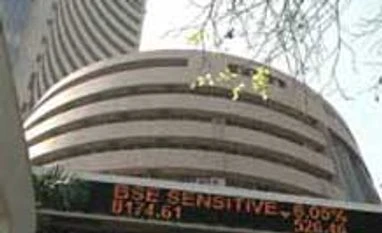The trading value cumulatively stood at Rs 10,290 crore on the two exchanges in February, data available with the Securities and Exchange Board of India (Sebi) showed.
While the BSE had IRF trading worth Rs 350 crore in March, the value of trades on the National Stock Exchange stood at Rs 12,194 crore.
Also Read
Live trading in IRF in long-tenure, 10-year government bonds started on the stock exchanges in January this year following approval by the market regulator.
The product had been a long-pending demand of market participants and is considered one of the most liquid debt paper instruments in the country.
"IRF at BSE recorded a trading value of Rs 350 crore in March 2014, a decrease of 69.4% from Rs 1,144 crore in February 2014," Sebi said.
"IRF at NSE recorded a trading value of Rs 12,194 crore in March 2014, an increase of 33.3% from Rs 9,146 crore in February 2014," it added.
A total of 6.26 lakh IRF contracts were traded on both exchanges in March, up from 5.13 lakh contracts in February.
Individually, 6.08 lakh and 17,482 IRF contracts were traded on the NSE and BSE, respectively, in March.
An IRF is a contract between a buyer and a seller agreeing to future delivery of interest-bearing assets such as government bonds.
The cash-settled IRFs provide market participants with a better option to hedge risks arising from fluctuation in interest rates, which depend on various factors, including RBI policy, demand for liquidity and flow of overseas funds.
Banks, primary dealers, mutual funds, insurance companies, FIIs, companies and brokers, as well as retail investors can trade in this product.
)